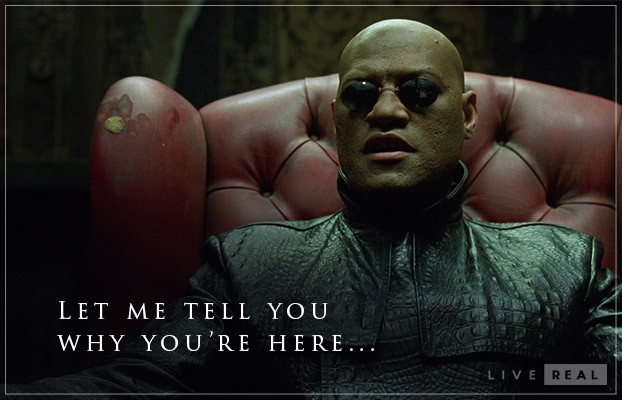I am by no means a religious scholar, so take all of the following with a grain of salt, but at times I would like to consider myself as a Buddhist Christian.
So what does that mean?
There’s a lot you can unpack here, but to start, there’s a reason I order the words as Buddhist Christian and not Christian Buddhist. I write this because I am a Christian and believe in a higher power, God. I recognize I may be wrong about this, but this is my belief, not a truth I would try to force on others.
To add to this, or perhaps somewhat stray, I resonate with a lot of the Buddha’s teachings on how to live an ethical life.
I gain a lot of meaning from my Catholic belief, but I also gain a lot of practical advice from the Buddha.
Below is what I would consider the main difference between the two, but then some ways that Buddhism can complement my Catholic belief.
Major Difference
At their core, they differ. The Buddha did not say he was divine and encouraged others to practice what he advises, rather than just believing him without evidence.
Jesus, on the other hand, is divine and God in the flesh. Christianity presents as the sole truth in the world and is a missionary religion.
Buddha, on the other hand, believed in reincarnation, which was based on your karma, while Christianity focuses on heaven and hell.
Ways Buddhism Can Complement My Belief
While their main beliefs may directly conflict, thanks to living in our modern world, there are ways to focus on the secular aspects of Buddhism that help me live a more ethical life, ultimately supporting me as a Christian. For example, the focus on meditation and mindfulness in Buddhism can help us feel calmer and happier, even if we are not trying to reach enlightenment.
I appreciate the emphasis in Buddhism on working to end suffering. We all suffer in many ways and the Buddha offers an alternative way to live with our typical, monkey-brain mind. We tend to crave for things to be different constantly, rather than accepting where we are and being present. I find immense value in Buddhism’s focus on detaching ourselves from a lot of things. I want to build up and enhance my inner resources to deal with adversity, something Buddhism does quite well.
Now, there are a lot of loose ends here that could only be properly explored in a much longer post or book. With that being said, I would encourage anyway interested in this topic to read Jesus & Buddha: Friends in Conversation, by Paul Knitter and Roger Haight, a Buddhist-Christian theologian and a Christian theologian. A dual-religious identity is possible.



